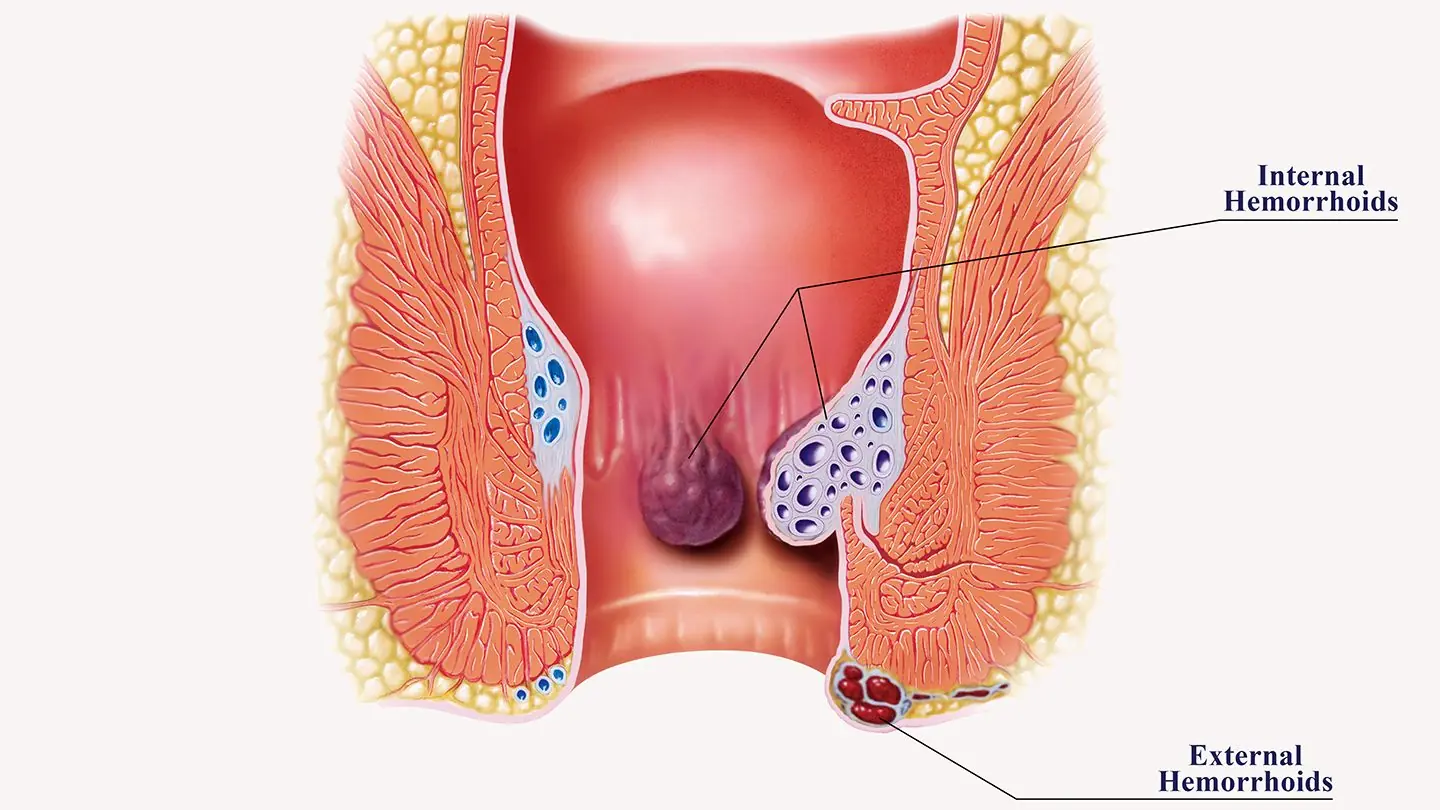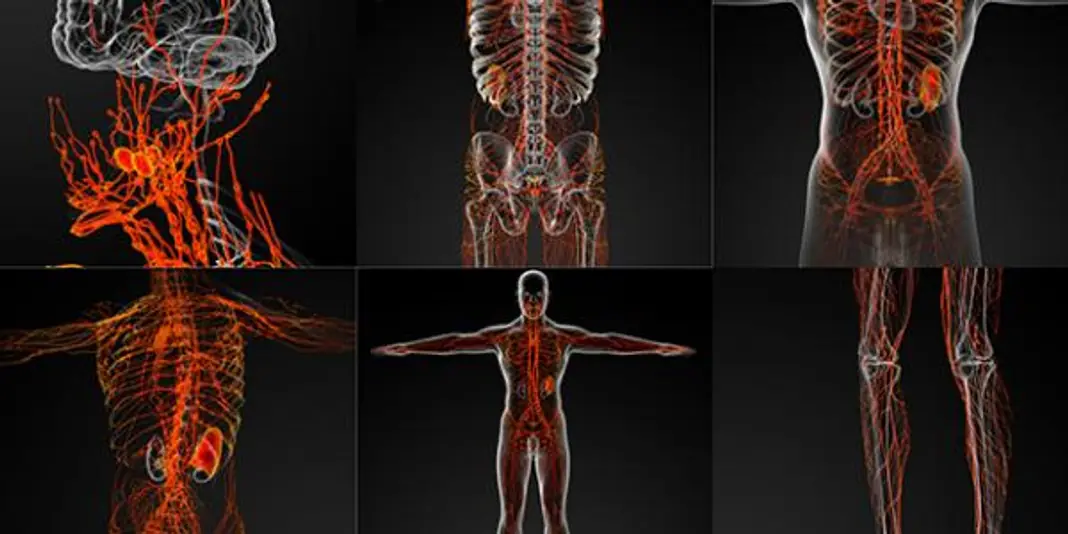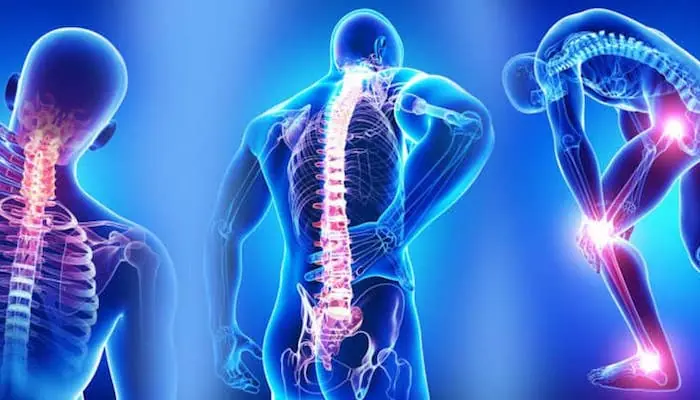
It’s Not Just Tooth Decay: 2 Common Signs in Your Mouth That Are SOS Signals From Your Body — Don’t Ignore Them
Most people think of dental problems as being limited to cavities, plaque, or the occasional gum sensitivity. However, your mouth is more than just a space for chewing and speaking — it’s a vital gateway to your overall health. In fact, health experts increasingly consider the condition of your mouth a reflection of what’s happening inside your body. That’s why two common but often overlooked oral signs could actually be warning signals, alerting you to more serious health issues. Recognizing them early could make a major difference in preventing more severe complications.
1. Chronic Mouth Ulcers or Sores That Won’t Heal
Many people dismiss mouth ulcers (also called canker sores) as minor annoyances caused by spicy food or stress. However, if you frequently develop painful ulcers, or if a sore lasts more than two weeks without healing, it could be your body’s way of asking for help. Persistent sores may be linked to weakened immunity, vitamin deficiencies (especially B12, iron, or folate), or even more serious issues such as autoimmune diseases or early-stage oral cancer.
Mouth ulcers that keep coming back or never go away should never be ignored. A doctor or dentist can help determine the root cause through blood tests or a simple biopsy if needed. Early detection of underlying problems can lead to more effective treatment and reduce the risk of further complications.
2. Bleeding or Swollen Gums
Gums that bleed during brushing or appear red and swollen may seem like a simple sign of poor oral hygiene — but they could also indicate much more. Gingivitis, the early stage of gum disease, is often caused by plaque buildup. But beyond that, inflamed gums can also be linked to systemic conditions like diabetes, heart disease, or hormonal imbalances.
The mouth has an intricate connection to your bloodstream. When gums are chronically inflamed, bacteria can enter the bloodstream and affect other organs. Research has shown a strong correlation between periodontal disease and heart disease, as well as complications in diabetes management. In pregnant women, untreated gum inflammation may even increase the risk of premature birth.
Why You Shouldn’t Ignore These Signs
It’s easy to overlook these symptoms or hope they go away on their own. However, early warning signs in the mouth are like red flags waving for attention. They often surface before any pain is felt elsewhere in the body, making the mouth a powerful tool for early detection. By paying attention to what your mouth is telling you, you may be able to catch larger health issues before they spiral out of control.
What You Can Do
-
Don’t self-diagnose — consult a healthcare professional if symptoms persist.
-
Maintain good oral hygiene: brush twice a day, floss daily, and use an antibacterial mouthwash.
-
Stay hydrated and eat a balanced diet rich in vitamins and minerals.
-
Get regular dental checkups — your dentist might be the first to notice a sign of something bigger.
Your mouth may be trying to tell you something important. Don’t ignore it. Acting early can make all the difference — not just for your teeth, but for your entire body.
News in the same category


5 Types of Cancer with Over 90% Cure Rate: Early Signs Everyone Should Pay Attention To

Doctor's Advice: Whether You're Rich or Poor, Never Eat These 3 Foods for Breakfast – They Can Lead to Aggressive Cancer

Scientists Use CRISPR to Eliminate HIV from Human Immune Cells

Hemorrhoids: Fast, Effective, Science-Backed Ways to Find Relief

3 Early Signs of Lung Cancer You Shouldn’t Ignore — It Could Become Life-Threatening

Is Cancer Hereditary? Useful Tips to Prevent Cancer from Developing

Health Experts Suggest 7 Ways to Detox Your Liver and Cleanse Your Body Daily

The Back of Your Hand Reveals Longevity Secrets: 4 Signs Everyone Should Check

13cm of Intestine Fell Out After 2 Hours on the Phone in the Toilet: 5 Dangers of Using Your Phone in the Bathroom

Don't Drink Water Right After Waking Up — Doctors Recommend Doing These 5 Things First

A 40-Year-Old Man Suffers a Stroke After Dinner: Doctor Points Out 3 Critical Mistakes

This Fruit Is Eaten Every Morning by a Famous Billionaire: A Powerful Secret to Fighting Cancer

Warning Signs in Your Stool That May Indicate Colon Cancer: Seek Medical Attention Immediately

10 Effective Ways to Boost Your Lymphatic System Health

Fibromyalgia: Understanding Symptoms & 8 Natural Ways to Find Relief

Powerful Piriformis Stretches to Soothe Sciatic, Hip, and Lower Back Pain

4 Types of Cancer with Over 90% Cure Rate: Everyone Should Watch for the Early Signs
News Post

5 Countries Tighten Immigration Rules, Making It Tougher For Americans To Move Abroad

Gulf Stream On The Brink Of Collapse — Scientists Warn Of Global Catastrophe

Astonishing Cancer-Fighting Power of One Juice — Even Doctors Are Surprised

5 Types of Cancer with Over 90% Cure Rate: Early Signs Everyone Should Pay Attention To

Doctor's Advice: Whether You're Rich or Poor, Never Eat These 3 Foods for Breakfast – They Can Lead to Aggressive Cancer

Lemon and Charcoal: A Natural Skin Care Secret to Save Money and Glow

Golden Energy: How Turmeric, Black Pepper, and Almond Milk Support a Healthier You

French Farmer Discovers $4 Billion Gold Deposit, But Legal Hurdles Prevent Him From Profiting

Inside The Global Seed Vault: Earth’s ‘Safest Place’ Only Opens Six Times A Year

Chilling Final Words Of Air India Pilot Moments Before Tragic Crash That Killed 265 Uncovered

Scientists Use CRISPR to Eliminate HIV from Human Immune Cells

Eat These 9 Fruits Daily to Brighten Your Vision & Prevent Cataracts Naturally (Science-Backed)

Hemorrhoids: Fast, Effective, Science-Backed Ways to Find Relief

The Plant That Closes Its Leaves When You Touch It – And May Support Your Health Naturally

Ovarian Cancer: 8 Early Signs You Need to Know

3 Early Signs of Lung Cancer You Shouldn’t Ignore — It Could Become Life-Threatening

Is Cancer Hereditary? Useful Tips to Prevent Cancer from Developing

Garlic: The Tiny Clove with Mighty Wellness Powers You Need to Know
